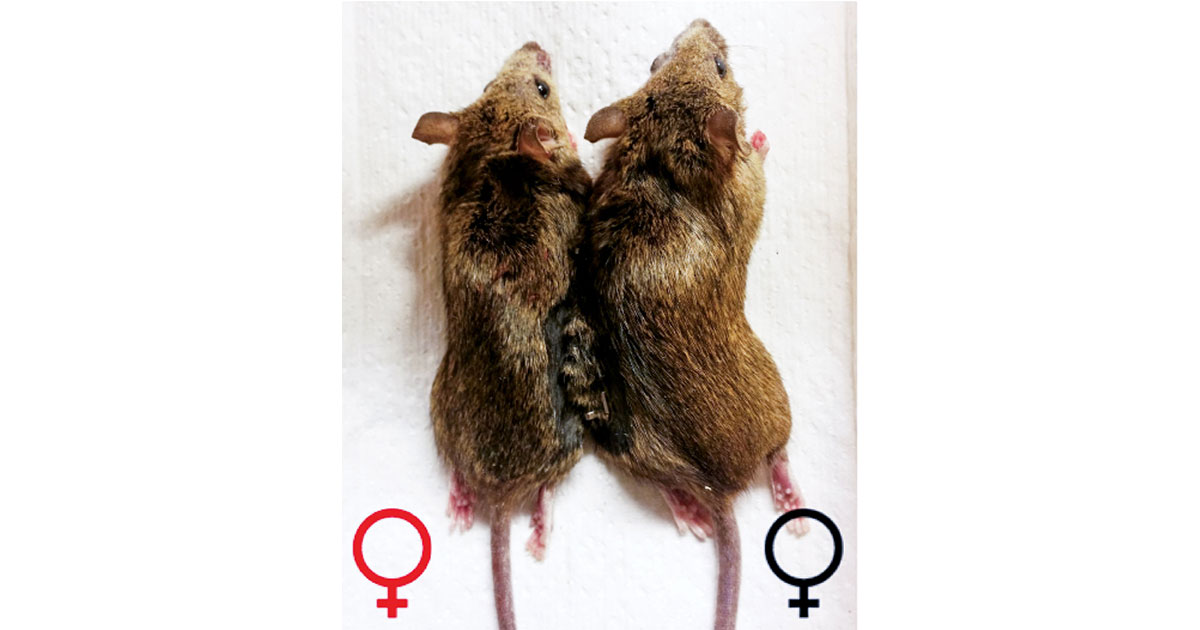Advertisement
Grab your lab coat. Let's get started
Welcome!
Welcome!
Create an account below to get 6 C&EN articles per month, receive newsletters and more - all free.
It seems this is your first time logging in online. Please enter the following information to continue.
As an ACS member you automatically get access to this site. All we need is few more details to create your reading experience.
Not you? Sign in with a different account.
Not you? Sign in with a different account.
ERROR 1
ERROR 1
ERROR 2
ERROR 2
ERROR 2
ERROR 2
ERROR 2
Password and Confirm password must match.
If you have an ACS member number, please enter it here so we can link this account to your membership. (optional)
ERROR 2
ACS values your privacy. By submitting your information, you are gaining access to C&EN and subscribing to our weekly newsletter. We use the information you provide to make your reading experience better, and we will never sell your data to third party members.
Biological Chemistry
Peptide Disciplines Dishevelled Protein
Researchers find a potent inhibitor of the Dishevelled protein that is associated with colorectal and other cancers
by Stuart A. Borman
March 30, 2009
| A version of this story appeared in
Volume 87, Issue 13

The protein Dishevelled got its name because mutated versions cause misaligned hairs to grow on fruit flies. It can also make a mess of people's health, because it regulates the Wnt signaling pathway, which is associated with progression of colorectal and other cancers. Rami N. Hannoush, Sachdev S. Sidhu, and coworkers at Genentech report having identified a peptide ligand, pen-N3, that potently inhibits Dishevelled and could therefore lead to anticancer therapeutics (Nat. Chem. Biol. 2009, 5, 217). Other inhibitors of the protein have been found, but pen-N3 binds to Dishevelled's PDZ domain with 10 times greater affinity. Dishevelled has been very difficult to analyze structurally, but the group obtained the first crystal structures of the inhibitor-bound protein, which reveal the mechanism of inhibitory action and could help in the structure-based design of other inhibitors. No Dishevelled inhibitors are currently in clinical trials, Hannoush notes, but pen-N3 inhibits Wnt signaling in cells and appears to be specific and nontoxic, suggesting it could lead to anticancer drugs.






Join the conversation
Contact the reporter
Submit a Letter to the Editor for publication
Engage with us on Twitter